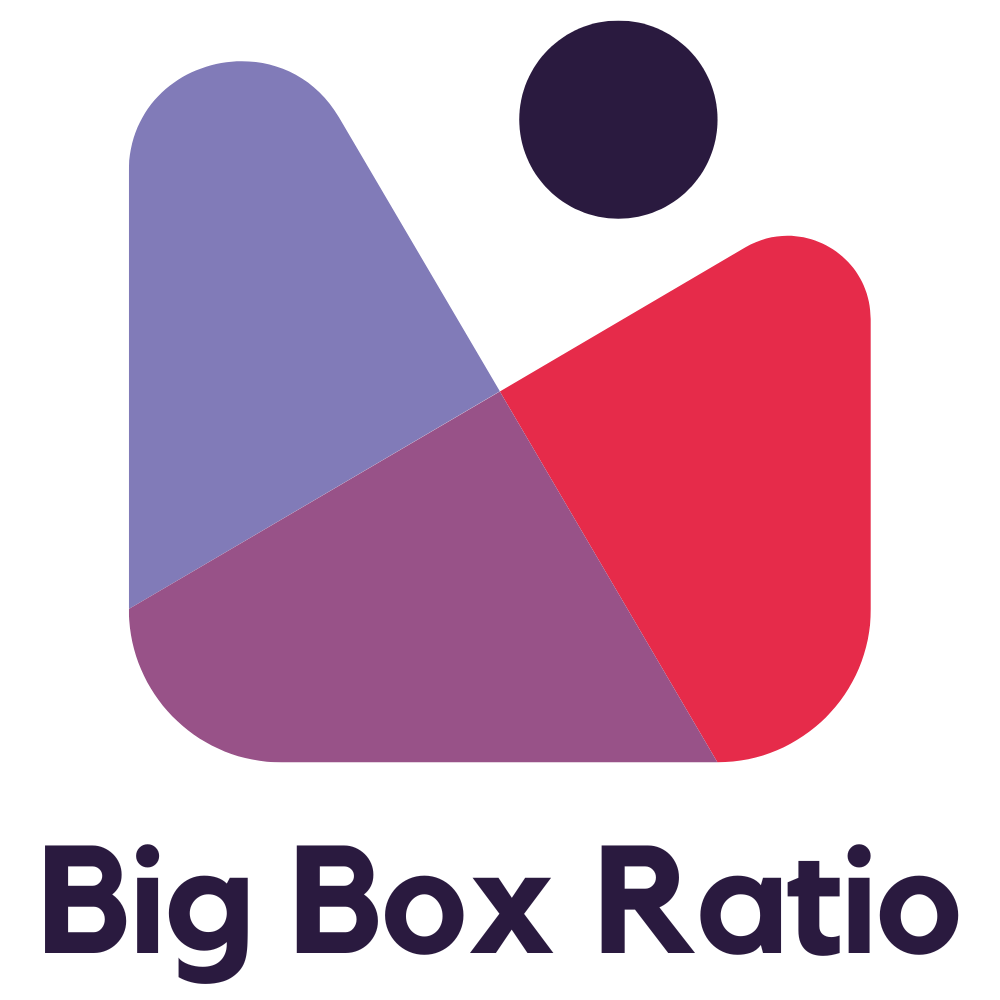Hard money lenders often pop up as a quick solution for people who need financing but can’t get approved by banks. These lenders fill a gap, especially in the world of real estate investing. Investors who want to flip houses, buy fixer-uppers, or move quickly on deals often turn to hard money to fund their projects. This type of lending appeals to anyone who values speed, needs flexible terms, or faces strict bank requirements that seem impossible to meet.
What is a Hard Money Lender?
A hard money lender (see more here) is someone or a group—often private investors or companies—who use their own funds to issue loans, usually secured by real estate. Unlike banks, which are bound by strict rules and risk controls, these lenders have more freedom in how they operate.
Most hard money lenders know real estate well. They understand market risks, property values, and the needs of investors. It’s common to see both individuals and small companies in this space, rather than large financial institutions.
How Does Hard Money Lending Work?
Learn more at this site: https://www.investopedia.com/terms/h/hard_money_loan.asp
Applying for this kind of loan is usually faster than with a bank. Borrowers submit basic information about themselves and their project, provide details about the property, and lay out their plan to repay.
Typical steps:
- Inquiry: You reach out and explain your needs.
- Application: Submit a short application, often with only a few supporting documents.
- Property Evaluation: The lender inspects the property’s value and your plan.
- Terms Offered: The lender gives you a loan offer, spelling out rates, fees, and terms.
- Close and Fund: If you accept, the deal moves to closing. Funds arrive within days or weeks, not months.
Approval focuses more on the property’s value and your ability to repay, rather than on your credit alone.
Key Differences From Traditional Loans
Interest Rates & Fees: Hard money loans cost more. Rates run several points higher than banks, and lenders often charge “points” (a percentage of the loan as an upfront fee).
Loan Terms: Terms are short—usually 6-24 months. Banks offer 15-30 year terms for mortgages.
Approval Criteria: Banks ask for steady income, strong credit, and lots of documentation. Hard money lenders want to see a good project and a clear exit strategy.
Collateral: Hard money loans are always secured by real estate. If you can’t pay, the lender can take the property.
Pros and Cons of Using Hard Money Lenders
Hard money offers speed and flexibility, but you pay a premium for it.
Advantages for Borrowers
- Fast Approval: You can often get a yes or no within days.
- Flexible Requirements: Less focus on credit score or income; eligibility depends more on the property.
- Creative Deal Structures: Perfect for unique projects banks won’t touch, like rehab flips or land deals.
- Short Timelines: Perfect for investors who need to close quickly to secure a deal.

Potential Risks and Drawbacks
- High Costs: Expect rates as high as 10-15% and points up front.
- Short Repayment Windows: Loans need to be paid back quickly—often before a year is up.
- Risk of Loss: If you can’t repay, the lender can foreclose and take the property.
- Limited Consumer Protections: Fewer regulations mean less protection than you might get from a bank.
How to Choose and Work With a Hard Money Lender
Not all hard money lenders are equal. The right partner can help you succeed; the wrong one could cost you your investment.
What to Look for in a Hard Money Lender
- Reputation: Look for lenders with positive reviews and client testimonials.
- Transparency: They should explain all fees, terms, and possible issues.
- Local Experience: Prefer lenders who know your market—they can better judge property values and risks.
- Clear Communication: A lender should answer questions directly and clearly.
- Track Record: Look for consistent successful transactions, especially in projects similar to yours.
The Loan Application Process and Common Requirements
Each lender may ask for different paperwork, but expect:
- Basic application with your details.
- Information about the property: address, purchase price, and rehab plan.
- Proof of funds for any required down payment or repair costs.
- Projected timeline and plan for repaying the loan.
Some lenders may check your credit, but many focus more on the property’s value and your experience as an investor.
Avoiding Scams and Unethical Practices
Watch for these red flags:
- Upfront Fees: Reputable lenders charge most fees at closing, not before.
- Unclear Terms: Be wary if you can’t get terms in writing.
- Pressure Tactics: Avoid anyone who rushes you to sign or withholds key information.
- Missing Licenses: Confirm your lender meets any state or local licensing rules.
- No Physical Office or Track Record: Do basic research to make sure they exist and have history.
Stay safe by:
- Reading all documents closely.
- Asking for client references.
- Checking with real estate professionals or local investors for recommendations.
Conclusion
Hard money lenders fill an important role for real estate investors and those who can’t get traditional loans. They can be a lifesaver for quick deals, properties that need work, or borrowers shut out by banks. But they aren’t for everyone. The higher costs and short terms mean you need a clear exit plan and a project that justifies the extra expense.

Choose your lender with care. Watch out for scams, know the true costs, and make sure you understand the risks before signing anything. If you’ve got a strong strategy and a solid property, a hard money loan might be your shortest path to funding and a successful investment.





